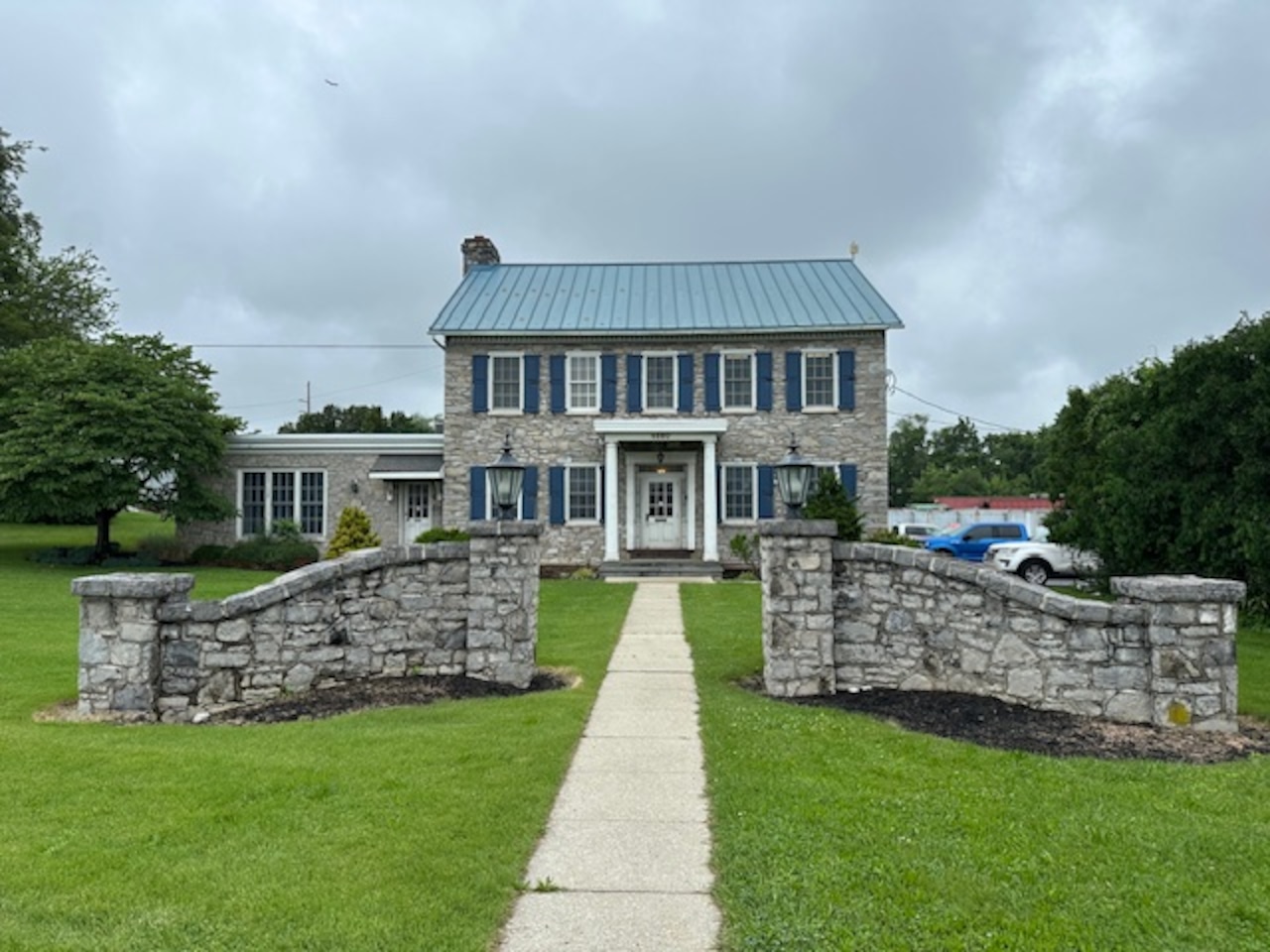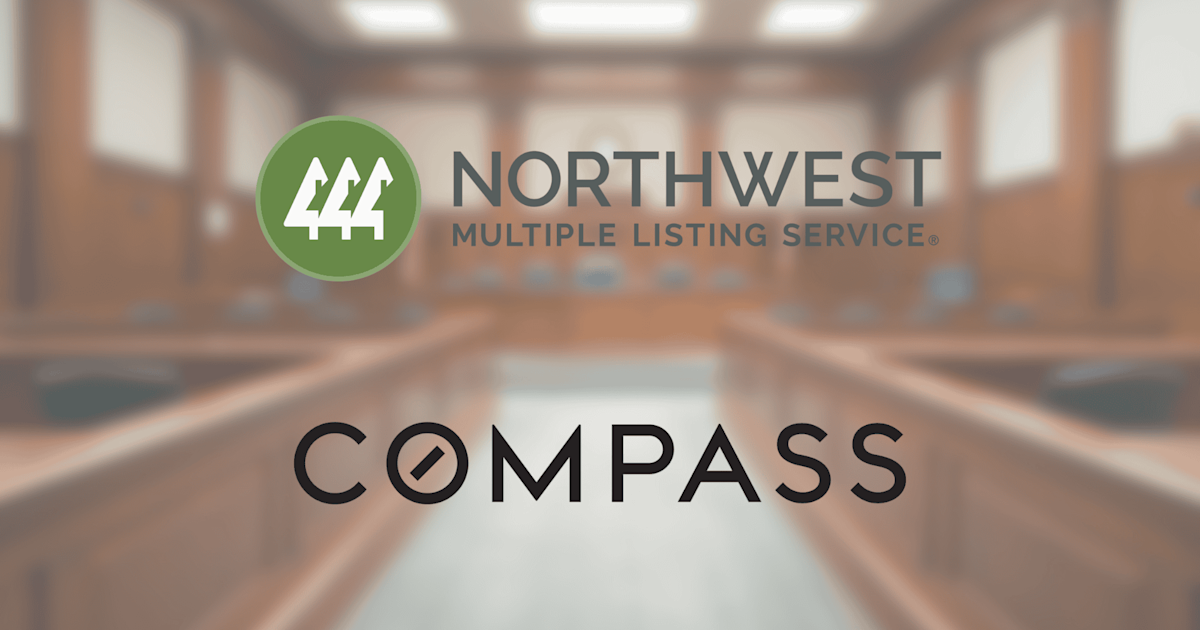M
aine's housing landscape is a complex tapestry of affordability, volatility, and public policy. For Peter McPheeters, a seasoned real estate agent with four decades of experience in the state, the current market is particularly daunting for young buyers.
To afford the median home price in Maine, households now need to earn over $100,000 annually – a stark reality that has left many first-time buyers struggling to get on the property ladder. While state programs offer assistance with loans and down payments, these options are often seen as less attractive than cash offers or conventional financing.
"It's just not fair," McPheeters lamented, echoing the sentiments of many in the industry. Meanwhile, a growing number of Maine homes have sold for over $1 million in recent years – a trend that has left some scratching their heads.
House Speaker Ryan Fecteau is proposing a novel solution to address the state's affordable housing crisis: increasing the real estate transfer tax on properties valued at over $1 million and eliminating it for first-time buyers who use state loan programs. The move has sparked debate among industry stakeholders, with some hailing it as a much-needed revenue stream for affordable housing projects.
However, not everyone is convinced that the plan will have the desired effect. Jeff Harris, president of the Maine Association of Realtors, warned that any transfer tax would be detrimental to the housing market and hinder the consolidation of generational wealth. Others, like Tom Landry, a Portland-based broker, believe that directing revenue towards affordable housing projects is a step in the right direction – but argue that the threshold should be raised to avoid penalizing older Mainers or young investors.
McPheeters, who has witnessed firsthand the impact of the transfer tax on high-end buyers, supports Fecteau's proposal. He notes that only a handful of clients have ever complained about the tax, and that those who can afford multi-million-dollar properties are unlikely to be unduly burdened by it.
The proposed tax would increase the rate from $2.20 to $5 per every $500 for real estate sales over $1 million, generating revenue for state affordable housing programs that have historically struggled to find sustainable funding sources. As Laura Mitchell, executive director of the Maine Affordable Housing Coalition, pointed out, these programs are on the brink of collapse – and without a new source of support, many projects will remain unbuilt.














